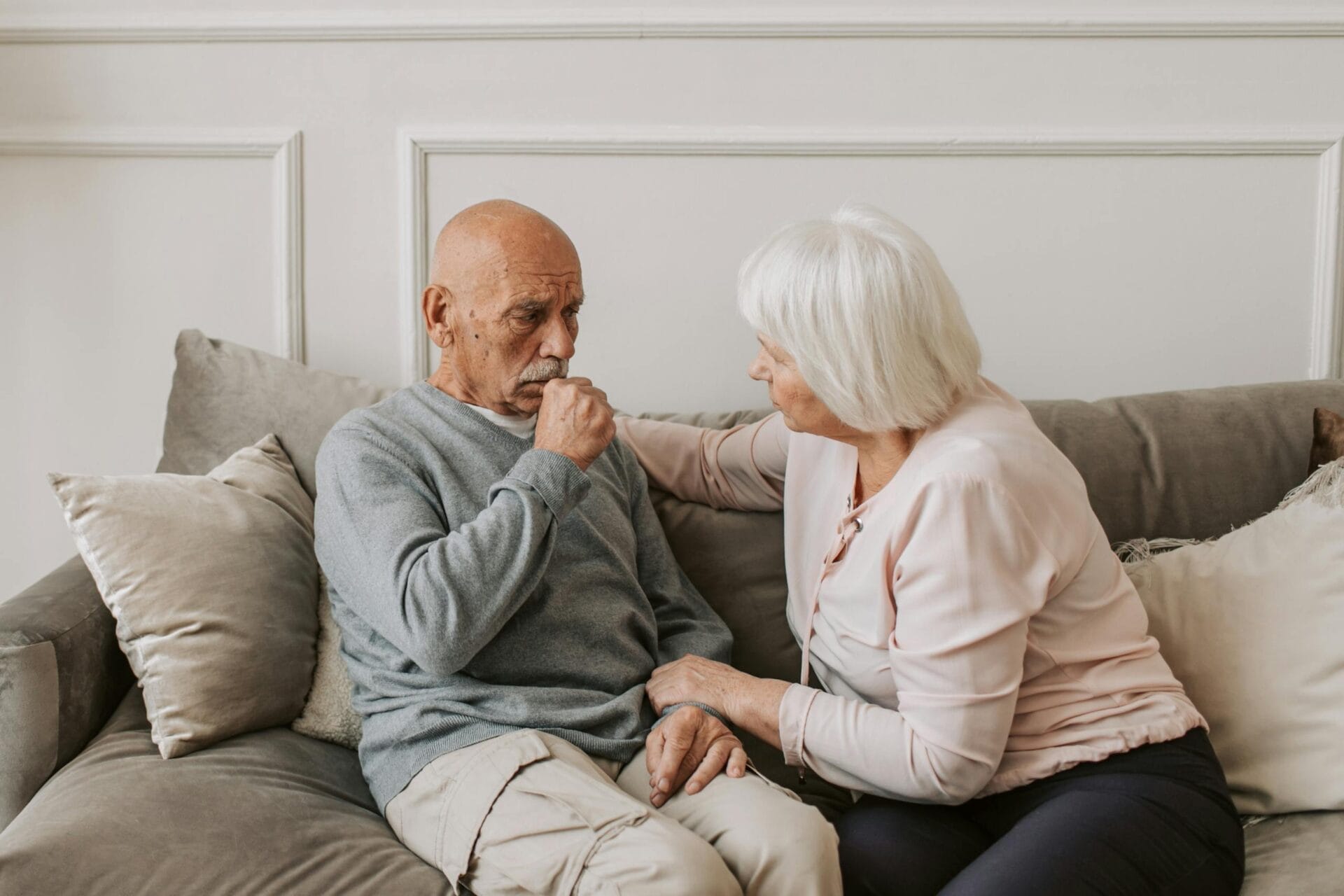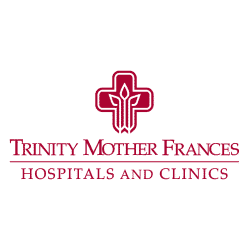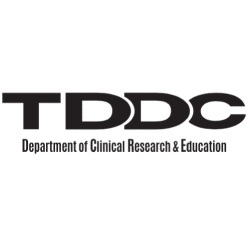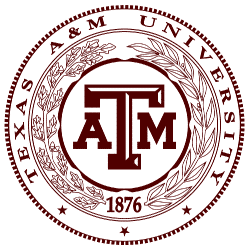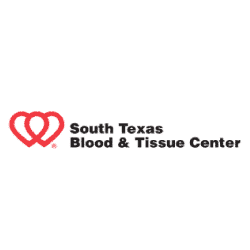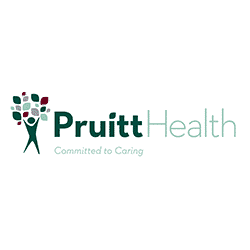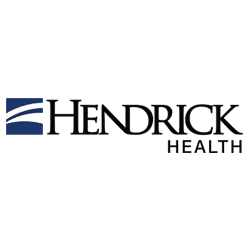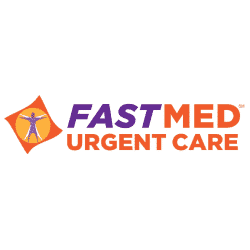Best Practices for Home Health Waste Management to Protect Caregivers & Patients
Home healthcare plays a vital role in ensuring that patients receive necessary medical treatments in the comfort of their homes. However, managing medical waste in this setting can pose unique challenges. From sharps to biohazardous materials, improper handling of waste can endanger caregivers, patients, and even household members. By adopting effective waste management strategies, home healthcare providers can maintain a safe environment and reduce risks.
Why Is Medical Waste Management Safety Important in Home Healthcare?
Unlike healthcare facilities equipped with specialized waste disposal systems, home settings often lack proper infrastructure for managing medical waste. Caregivers must balance delivering care with ensuring waste is handled responsibly. Risks include:
- Infections: Exposure to bloodborne pathogens from sharps or contaminated materials.
- Injuries: Accidental needle-stick injuries from improperly disposed sharps.
- Environmental Harm: Improper disposal of biohazardous or pharmaceutical waste can lead to significant environmental harm, such as water contamination, soil pollution, and dangers to wildlife.
Ensuring safety requires a proactive approach to waste management.
Key Types of Waste in Home Healthcare
- Sharps Waste:
Includes needles, lancets, and syringes used for injections or blood glucose monitoring. These items can puncture skin and carry infectious agents. - Biohazardous Waste:
Items contaminated with blood, bodily fluids, or other potentially infectious materials, such as gauze, gloves, and bandages. - Pharmaceutical Waste:
Expired or unused medications, which may require special handling to prevent misuse or environmental contamination.
Best Practices for Home Healthcare Waste Management
1. Educate Caregivers and Patients
Knowledge is the first step to safety. Provide training on identifying different types of waste and the risks associated with each. Caregivers and patients should understand:
- What constitutes sharps, biohazardous, or pharmaceutical waste.
- Proper handling and disposal techniques.
2. Use Secure Disposal Containers
- Sharps: Use FDA-approved sharps containers that are puncture-proof, leak-resistant, and labeled with biohazard symbols. These should be kept out of reach of children and pets.
- Biohazardous Waste: Use red biohazard bags for items contaminated with infectious materials. Ensure they are sealed securely before disposal.
3. Establish a Routine for Waste Disposal
Designate specific times to dispose of medical waste. This prevents waste from accumulating and reduces the risk of accidental exposure.
4. Partner with a Licensed Medical Waste Disposal Service
Home healthcare providers should work with a professional medical waste disposal company, like MedSharps, to ensure waste is collected and disposed of in compliance with local regulations.
How MedSharps Supports Home Healthcare
MedSharps offers specialized services to assist home healthcare providers and families with safe waste management. Here’s how they make a difference:
- Convenient Pickup Services: MedSharps provides scheduled pickups for sharps and biohazardous waste, eliminating the burden of transportation.
- Secure Containers: Durable, leak-proof containers are available for home use, ensuring waste is stored safely until collection.
- Compliance Assurance: MedSharps ensures all waste is disposed of in compliance with state and federal regulations, giving caregivers peace of mind.
Creating a Safer Home Environment
To maintain a safe environment for caregivers and patients, consider these additional tips:
- Designate a Waste Disposal Area: Set up a specific location in the home for storing waste containers to keep them secure and accessible.
- Report Accidents Immediately: If a needle-stick injury or other exposure occurs, seek medical attention and follow reporting protocols.
- Engage Family Members: Educate all household members on the importance of avoiding contact with medical waste.
Addressing Common Concerns
1. What if the home lacks proper waste storage?
MedSharps provides compact, secure containers that are easy to store in small spaces.
2. How can I prevent accidental needle-sticks?
Always dispose of sharps immediately after use and never overfill sharps containers.
3. Can unused medications go in the trash?
No, medications should be disposed of through take-back programs or a licensed disposal service like MedSharps.
Home healthcare providers and families play an essential role in managing medical waste safely. By implementing these best practices, they can protect caregivers, patients, and the environment. MedSharps is here to help with reliable, professional medical waste management services tailored to the unique needs of in-home care.
To learn more about how MedSharps can support your home healthcare waste management needs, contact us today.

